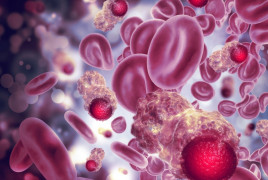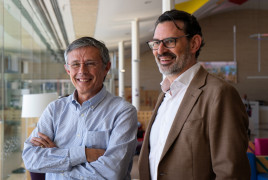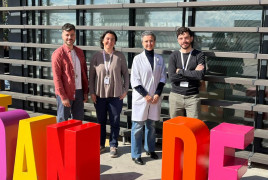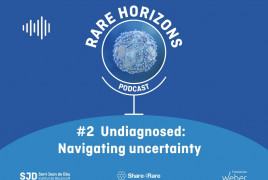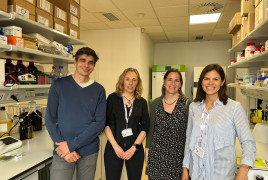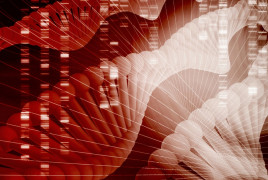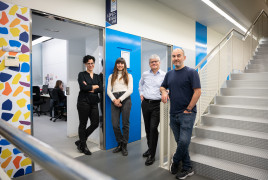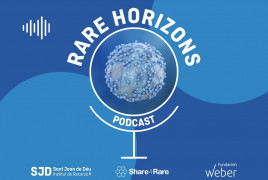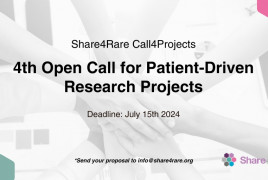Early screening can detect new paediatric tumours when there is a genetic predisposition
Thanks to recent advances in genomic sequencing, we have found out that 5-15% of children are genetically predisposed to developing a tumour. However, until now, it was not clear when to startLanguage discrimination in the access of children living with rare diseases to cross-border clinical trials in Europe
Language and country discrimination to access clinical trials have been identified as issues that violate children's rights in different regulatory environments. An EnprEMA working group is leading aSant Joan de Déu is developing a lab for studying living brain tissue from paediatric patients
Since 2014, the renowned neuroscientist Óscar Marín has been leading the Centre for Neurodevelopmental Disorders at King's College London, where he studies human brain development. He will direct thisFunding for the best collaborative research initiative: extension of the deadline for the Share4Rare Call4Projects
In response to inquiries and requests from those interested in this year's project call, Share4Rare will grant funding to the best collaborative research initiative based on data reported by patientsRare Horizons episode 2 focuses on people living without a diagnosis
People need to name things. Naming is our way of creating some order in this chaotic world. Unfortunately, many people are not able to name their disease. In Europe, it takes an average of five yearsAn amino acid shows therapeutic potential in people with GRIN-related disorders
A pioneering clinical trial led by Dr Àngels Garcia-Cazorla from the Sant Joan de Déu Research Institute · Sant Joan de Déu Hospital has demonstrated that oral administration of the amino acid LA study uncovers the connection between mutations in the GEMIN5 gene and Coenzyme Q10 deficiency
In science, things take time, but perseverance can eventually bear fruit. The results of this work, published in the European Journal of Human Genetics, began in 2004 with the study of a 12-year-oldShare4Rare will host a webinar on the 2024 research project call
Share4Rare aims to enhance research on rare diseases through collaborative knowledge generation. The platform provides researchers with a secure infrastructure to conduct their investigationsRare Horizons, a new podcast focused on rare disease research
Education stands as a key pillar of Share4Rare. Thus, we are constantly working to provide the rare disease community with tools and resources to better understand the various research dimensions of4th Share4Rare Call4Projects to drive rare disease patient-driven research studies
Collaborative research into rare diseases stands as one of the cornerstones of Share4Rare. Year after year, we endeavour to foster the development of research projects in this field that focus on the
